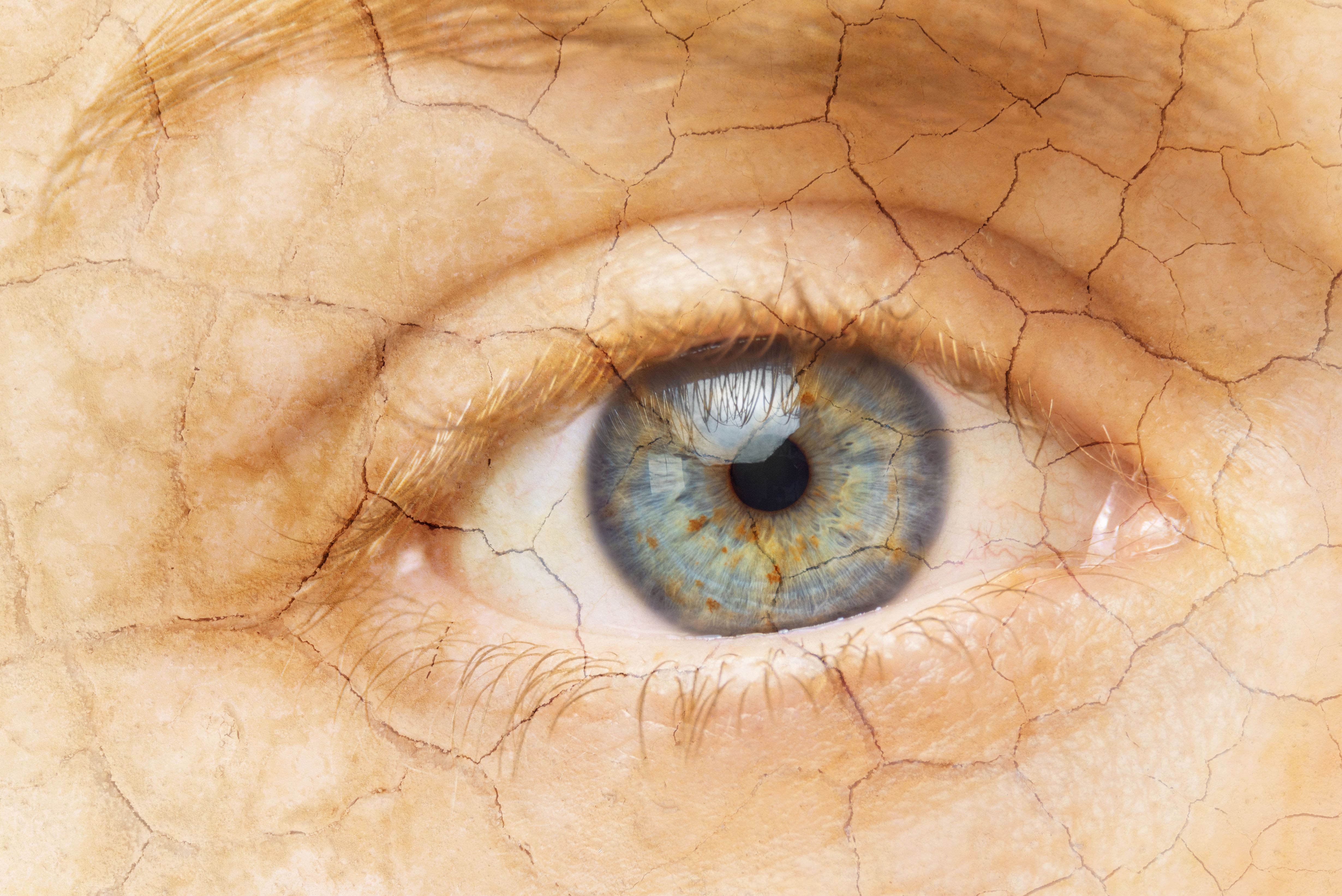Article
OC-01 0.03 mg nasal spray is effective against dry eye disease regardless of menopausal status
Author(s):
According to investigators, the risk for the development of dry eye disease is greater in postmenopausal women compared with those who have not reached menopause as a result of hormonal dysregulation of the ocular secretory glands.

OC-01 0.03-mg nasal spray (varenicline solution, Oyster Point) evaluated for treating dry eye disease in premenopausal and postmenopausal women was consistently efficacious in both groups, according to Dagny Zhu, MD, and colleagues. She is from the NVISION Eye Centers, Rowland Heights, CA.
The risk for the development of dry eye disease is greater in postmenopausal women compared with those who have not reached menopause as a result of hormonal dysregulation of the ocular secretory glands, she explained.
The OC-01 0.03-mg nasal spray formulation, which works by activating the trigeminal parasympathetic pathway, is a cholinergic agonist, that is thought to increase endogenous tear production.
The investigators tested the efficacy of OC-01 nasal spray formulation on reduced the signs and symptoms of dry eye disease in pre- and postmenopausal women in the ONSET-1 and ONSET-2 clinical trials compared to a vehicle control.
Efficacy study of OC-01
The post-hoc analysis of the integrated ONSET-1 and ONSET-2 studies included 207 premenopausal women and 242 postmenopausal women (respective mean ages, 55.5 years and 63.7 years). Of these, 102 premenopausal women and 120 postmenopausal women were randomized to the active treatment and the rest to vehicle control.
The parameters studies were the mean changes in the Schirmer test score and the eye dryness score from baseline to week 4 of treatment. The active treatment results were compared with the vehicle control results.
Dr. Zhu reported that the menopausal status did not affect the treatment efficacy.
Among the premenopausal and postmenopausal women, no significant differences were seen in the changes in the Schirmer test scores and eye dryness scores in the active treatment group.
“The treated subjects showed similar Schirmer and eye dryness test outcomes compared to the controls regardless of the menopausal status,” she reported.
The adverse reactions reported in more than 5% of subjects included sneezing, coughing, throat irritation, and instillation site (nose) irritation. The majority (98%) of those who reported reporting sneezing described it as mild.
The primary conclusions reached were as follows. Although hormonal changes may contribute to worsening dry eye disease after menopause, the OC-01 0.03-mg nasal spray showed a consistent treatment effect compared to the vehicle control regardless of the baseline menopausal status. The nasal spray formulation was generally safe and well-tolerated under clinical trial conditions. Finally, the number of sneezes decreased over the course of the study.
“It’s wonderful to see that even though post-menopausal women may suffer from worse dry eye disease, post-menopausal women may still derive the same benefits from treatment as women who have not reached menopause,” Dr. Zhu concluded.
Dagny Zhu, MD
E: dagny.zhu@gmail.com
Dr. Zhu is medical director and partner, NVISION Eye Centers, Rowland Heights, CA. She has no relevant financial disclosures.
Newsletter
Don’t miss out—get Ophthalmology Times updates on the latest clinical advancements and expert interviews, straight to your inbox.




